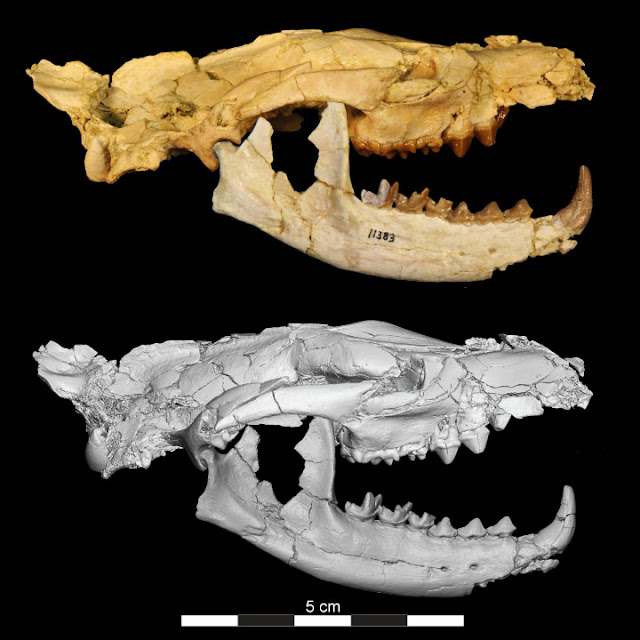Excavators from Egypt’s Ministry of Antiquities have discovered a collection of Graeco-Roman artefacts during excavation work carried out in Alexandria’s Babour El-Maya area.
 |
| Clay pot discovered in Alexandria [Credit: Egyptian Ministry of Antiquities] |
Mahmoud Afifi, head of the Ancient Egyptian Department at the Ministry of Antiquities, told Ahram Online that the excavation work, undertaken upon the request of an Alexandria resident, was carried out on a piece of land called Villa Agion in preparation for the erection of a residential building.
 |
| Clay jar discovered in Alexandria [Credit: Egyptian Ministry of Antiquities] |
Afifi says that according to Egyptian law, the Ministry of Antiquities must inspect any piece of land slated for development to ensure it holds no archaeological items.
 |
| Clay pot discovered in Alexandria [Credit: Egyptian Ministry of Antiquities] |
If the land is found to have artefacts that can be removed, the land is returned to its owner. However, if the land holds monuments that cannot be moved, the land is seized and declared an archaeological site, with the landowner receiving compensation.
 |
| Clay oil lamp discovered in Alexandria [Credit: Egyptian Ministry of Antiquities] |
Mostafa Roshdi, director-general of Alexandria Antiquities, said that excavators unearthed a collection of clay pots, coins, ovens, bones, and clay lamps dating from the Hellenistic and Byzantine eras.
 |
| Clay red pot discovered in Alexandria [Credit: Egyptian Ministry of Antiquities] |
Graeco-Roman pavement, black granite floors, and plaster-covered limestone walls were also discovered.
Roshdi said excavation work at the site is still ongoing.
Author: Nevine El-Aref | Source: Ahram Online [April 13, 2017]











0 komentar:
Post a Comment